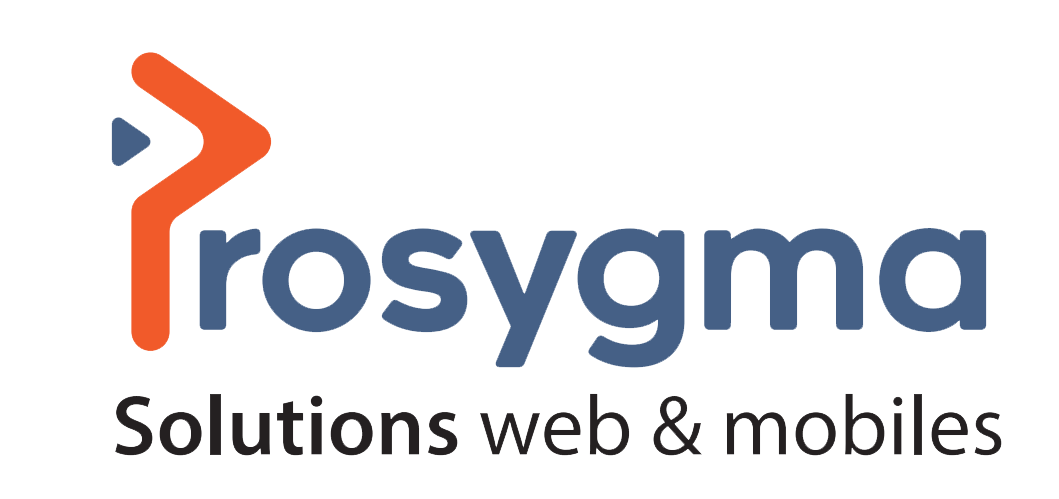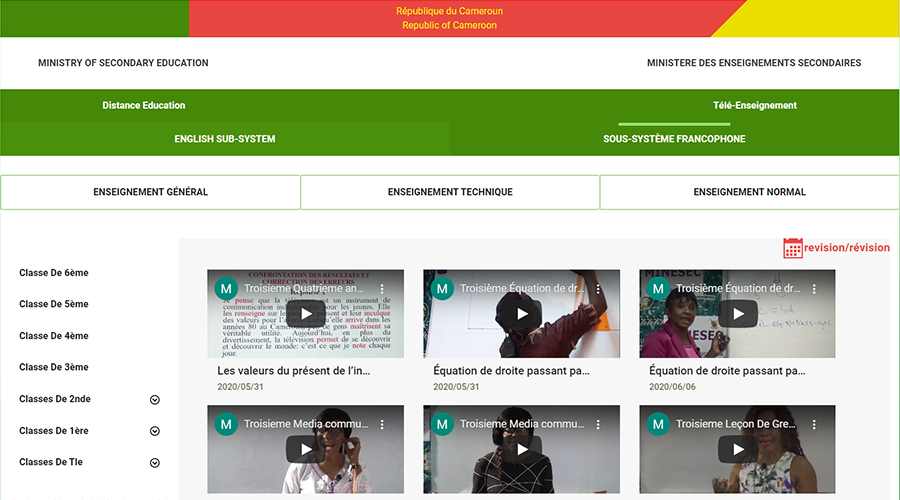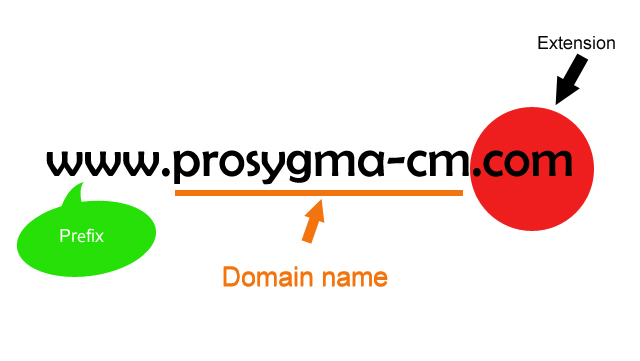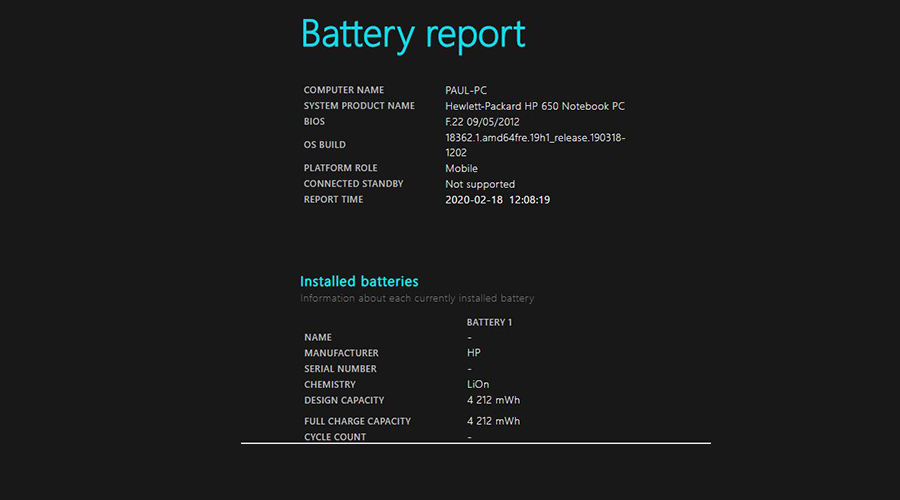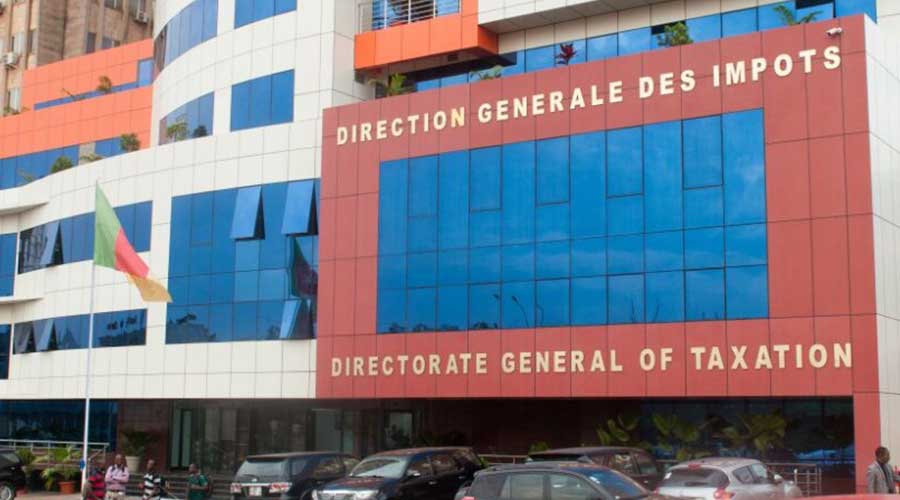
From now on, tax operations will only be managed online in Cameroun !
Since January 1, 2022, all tax procedures within each Divisional Tax Center (CDI), are done entirely online.
This state of affairs is the consequence of an official note taken by the Directorate General of Taxes (DGI) dated December 26, 2021. This decision outlaws the physical management of operations and paves the way for the digitalization of tax procedures to 100%.
What is the purpose of data digitization in the tax field?
The digitization of data aims to improve the mode of collection and management of tax revenues in the country. This was emphasized by the Prime Minister, Joseph Dion Nguté, when he presented the Cameroonian government's economic, financial, social and cultural program for the 2022 fiscal year on November 26 at the National Assembly.
According to him, the digitization of tax procedures has saved a considerable amount of time in the past year. It has "reduced by about 30% the average time spent by the taxpayer for the fulfillment of his tax obligations," he says. In addition, it also promotes better security of tax revenues of all kinds.
These tax revenues, which come from various sectors of activity (forestry, state-owned, road, mining, etc.) contribute at different levels to the constitution of the State's budget. Hence the interest in having a traceability of what is declared, what is recorded and how it is managed at the level of the central administration.
The CDIs, which are structures that allow taxpayers to make their declarations, are distributed in zones throughout the Cameroonian territory. Despite the effort of proximity wanted by the State, the ratio of tax revenue (DGI) gross domestic product is in continuous decline since 2019 according to official data.
We hope that this digitalization impels improvements in the process of declaration and collection of taxes in Cameroon.
Source: Invest in Cameroon
Vanessa Ntoh
